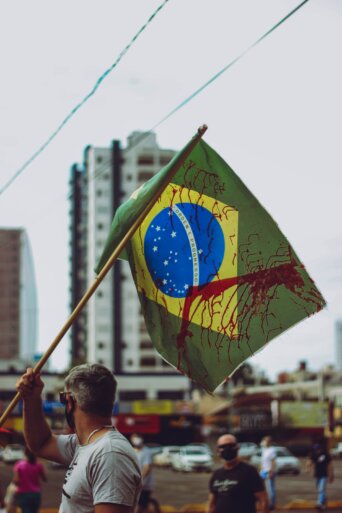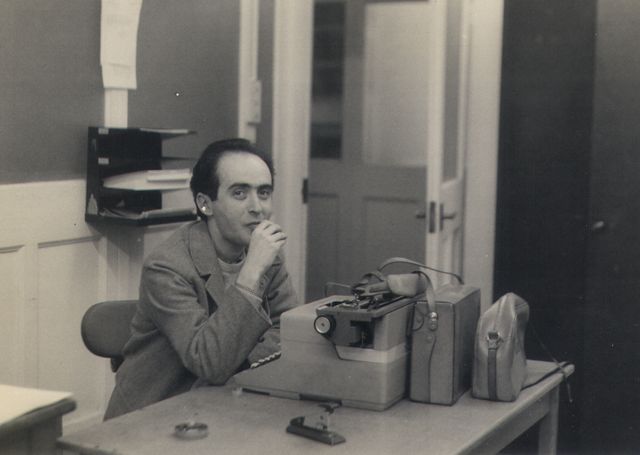- About
- Topics
- Picks
- Audio
- Story
- In-Depth
- Opinion
- News
- Donate
- Signup for our newsletterOur Editors' Best Picks.Send
Read, Debate: Engage.
| topic: | Democracy |
|---|---|
| located: | Brazil |
| editor: | Ellen Nemitz |
Two important Brazilian institutions received the spotlight for publishing letters defending democracy less than two months ahead of the first round of Brazilian elections, which will be held on 2nd October. During an event on 11 August, the São Paulo's Federation of Industries (Fiesp) and the Law School of the University of São Paulo released the notes supporting the sovereignty of the people's will and rejecting any attempt to disrespect the results of the presidential election- a possibility attributed to the current president, Jair Bolsonaro, who has repeatedly given reasons to believe he could refute an eventual defeat.
Despite some minor differences in the way of expressing thoughts, the two letters are convergent. Fiesp celebrates the strength of Brazil’s recently restored democracy and says that, in less than four decades, "it faced deep crises, both economic, with periods of recession and hyperinflation, and political, overcoming these illnesses through the strength of our institutions." In its turn, the Law School of the University of São Paulo highlighted the integrity of the voting machines, more than once attacked by Bolsonaro, as well as the growth and maturation of the country's democracy.
As mutual points, the two institutions emphasise the importance of the judiciary branch to guard the Constitution, the essential role of the three powers in a democratic state and the previous peaceful political alternation in Brazil. Moreover, both express concerns about the moment. While the Law School refers to it as "a moment of immense danger to democratic normality, a risk to the Republic's institutions and insinuations of contempt for the results of the elections," Fiesp calls for "balance, tolerance, civility and vision of the future."
The FIESP's letter was signed by more than one hundred entities and the Law School's note received the support of over one million citizens, among whom were important figures such as former ministers of the Supreme Court, professors and members of the Justice System. The release of the letters was followed by crowds that gathered on the streets to demonstrate in support of democracy. With such a meaningful repercussion, the sociologist Celso Rocha de Barros said that the cost of a coup is higher now that it "already begins to go against even the most important names of the economic and political elite" - indeed, an eventual illegitimate administration would also lack international support, as flagged by the US Senate.
The next few weeks in Brazil will be decisive. Bolsonaro has lost the support of some important assets and sees with apprehension his low chances of defeating his main opponent, former president Luiz Inácio Lula da Silva, since losing the prerogatives of the position could make him vulnerable to prosecution for his crimes. In order to conquer votes, his agenda has been focused on raising the aid given to families in vulnerable situations and cutting taxes to stop inflation, while the front-runners’ campaigns are likely to be marked also by personal attacks to demoralise the opponents. Ultimately, however, the population will have the last word, and it must be fully respected.
Image by María Fernanda Pissioli

